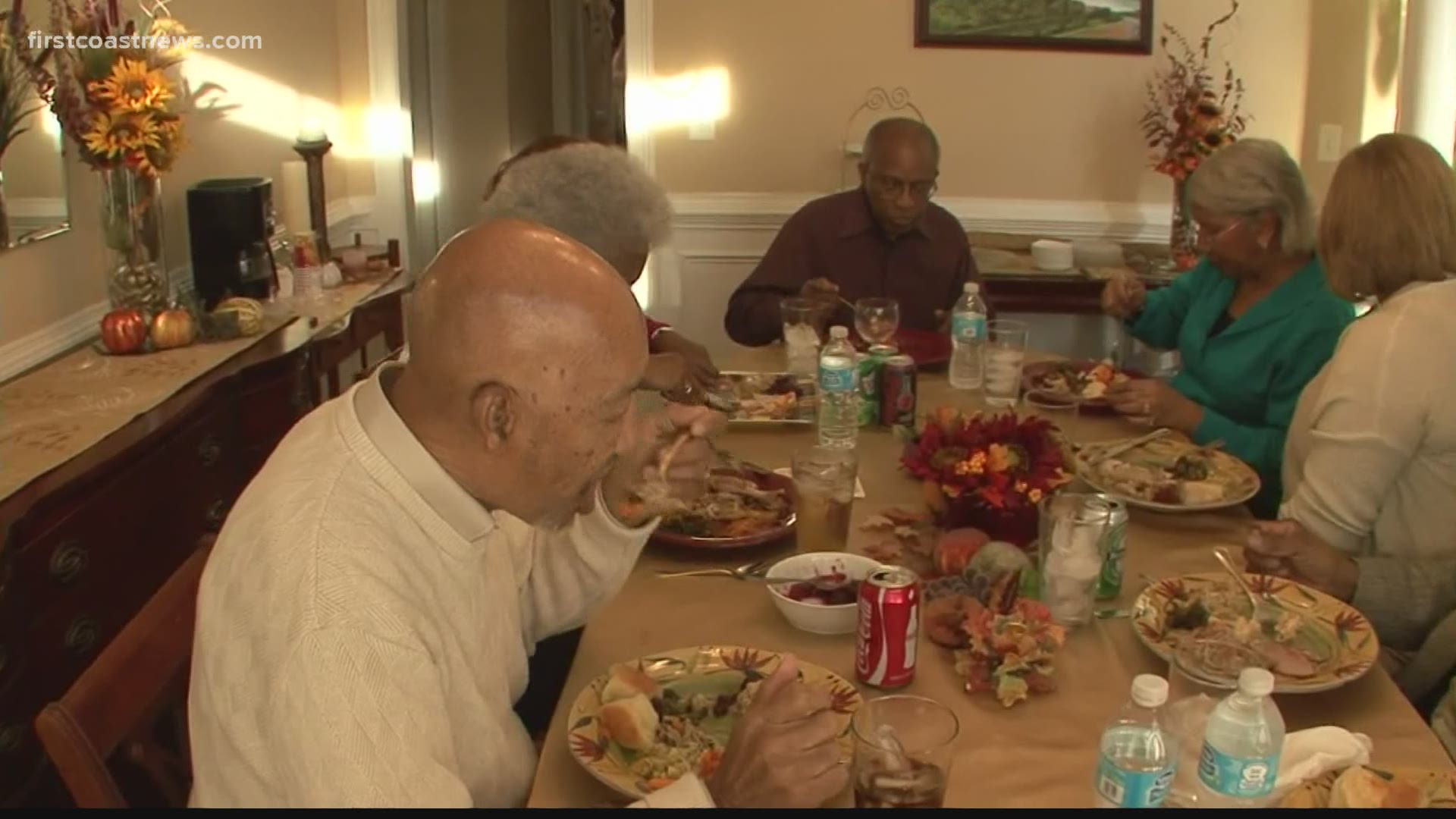JACKSONVILLE, Fla. — As Thanksgiving approaches, families are finalizing their plans for dinner and maybe a virtual holiday.
Thursday also marks Family History Day, which health experts recommend discussing medical history while folks are together.
"I have a lot of people that I’ve met with that don't know a lot of information about their family history and unfortunately we can’t always go back and get that," Sarah Mantia, a genetic counselor with the Mayo Clinic, said.
Mantia said a patient's genes can give a healthcare provider important information about their health.
“In some cases it could even change what kind of treatment we might recommend for that specific diagnosis,” she said.
Mantia’s research, of cancer for example, has been able to let doctors test for certain markers, sometimes earlier than usual to find the disease. Genetics can also help identify a person's risk for diabetes, high cholesterol and many other illnesses.
Mantia recommends families to have a conversation about health issues that are common in the family tree.
“What kind of major issues relatives had, what things did they pass away from and what ages did those health problems start happening," Mantia asked.
Questions health experts recommend asking go beyond date of birth, date of death, ethnicity and country of origin. These questions are a starting point for collecting information and experts say to collect as much as you can.
Here are some questions doctors recommend bringing up to family members:
- Did any relatives develop diseases like Alzheimer's, cancer, organ-related illnesses? At what age were they diagnosed or present symptoms? What was the course of treatment and was it successful?
- What is/was a relative's lifestyle like? Were they active or sedentary? Did they smoke? Did they attend doctor's appointments regularly?
- How is/was their overall health? Is high cholesterol something that many members of the family struggle with or is there a pattern of high-blood pressure?
The National Institutes of Health has more examples of family health questions though this link.
Mantia said those answers can help paint a picture and at the very least put things on the radar for your healthcare provider to keep an eye on.
“It could be good your primary care physician or care giver know about because they may want to watch that more closely and follow you more carefully," Mantia said.

